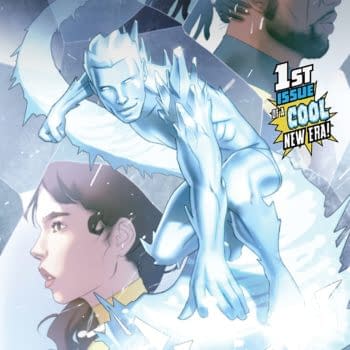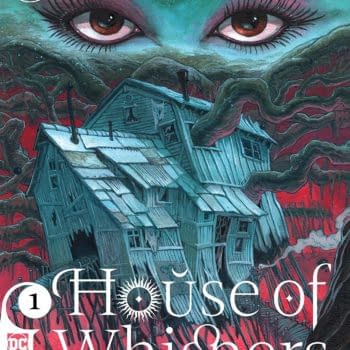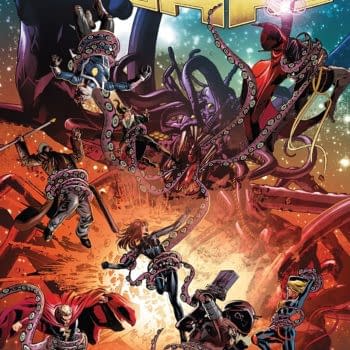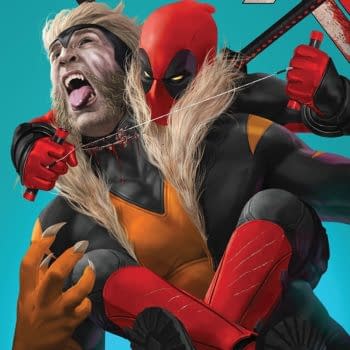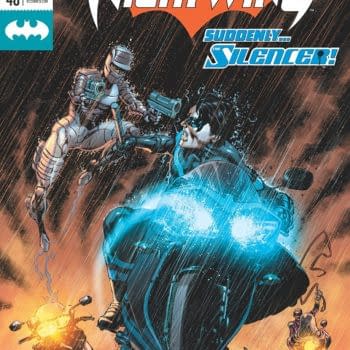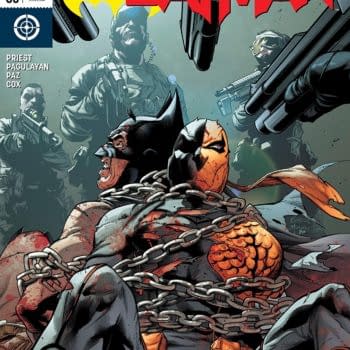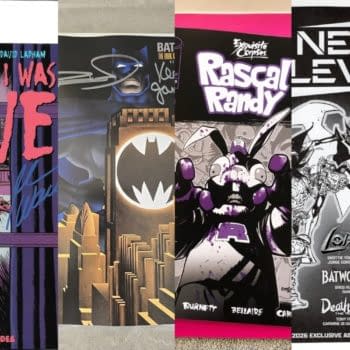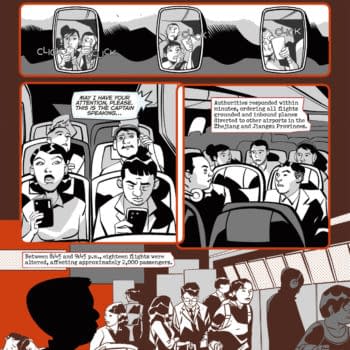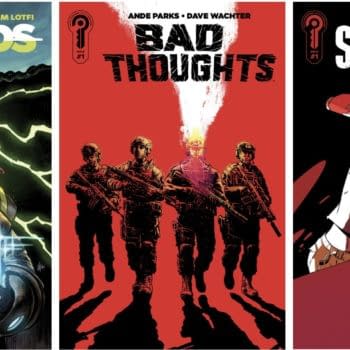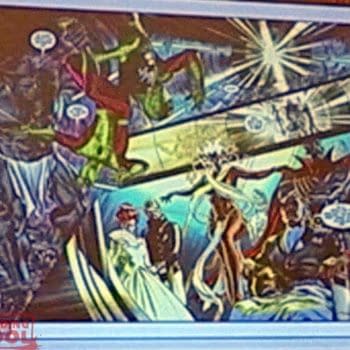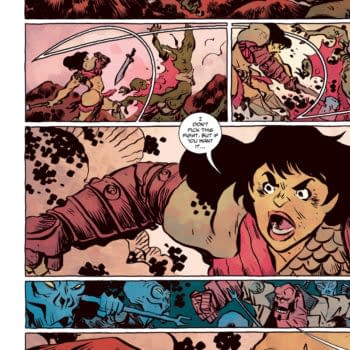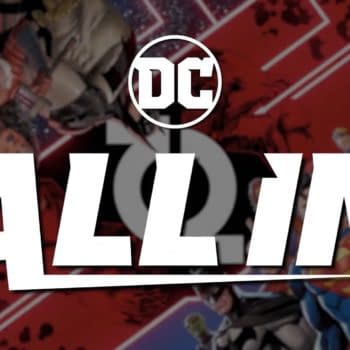Posted in: Comics, DC Comics | Tagged: David Messina, dc comics, diana prince, etta candy, HRL, justice league, rebirth, Shea Fontana, steve trevor, wonder woman
Wonder Woman #30 Review: It Is Her Body, And Hers Alone

I'm disappointed that Shea Fontana's stint on Wonder Woman is so short. She really gets this character and why she appeals to a huge audience. However, if it must be this short, at least she tells a really good story with that space.
The final issue of the "Heart of the Amazon" Wonder Woman arc finds Diana meeting with a geneticist named Doctor Revere. He and his squadron of soldiers are interested in the power potential that lies in Wonder Woman's genes. He wants to make super soldiers, and Diana refuses.
Naturally, a brawl ensues for the fate of Wonder Woman's life and her genetic material.
There is a great deal of subtext here about a woman's right to her body here, even if it is caked in superhero plotting. The comic isn't really subtle about it either. It puts this pretty much at surface level.
The doctor essentially claims that everyone should have a right to what Wonder Woman does with her body, and Diana was willing to acquiesce in terms of allowing it to be used for disease and viral research. However, the doctor wants it to make soldiers, and Wonder Woman cannot abide that. He and his soldiers are under the impression that she owes it to them, and that is why she has to fight them.
It's pretty straightforward and seems like a standard superhero plot, but the subtleties of it are pretty clever and make for a more compelling story.
The action itself is pretty good, with Wonder Woman using her skill to overcome her opponents, and (spoiler) she is later helped by Etta Candy and Steve Trevor.

I'm a bit put off by the fact that they continued to change artists from issue-to-issue during the entirety of the "Heart of the Amazon" story arc. That being said, it ended on a high note with David Messina doing this final issue. His art is distinctive and very action-oriented. It's light on finer detail in some panels, but it is overall good, with a fight scene taking place in the reflections of broken glass being the creative highlight of the book.
Color artist Romulo Fajardo Jr. complements this with a returning brighter color palette. Wonder Woman is a high-energy and optimistic book, and the colors should reflect that. Fajardo Jr. brings that to the table here.
Wonder Woman #30 is a solid ending for Fontana's stint on the book, as well as an overall solid note in the annals of Wonder Woman history as a hole. It's fun and light-hearted, but still has some smart and interesting subtext. This one gets a recommendation. Check it out.


